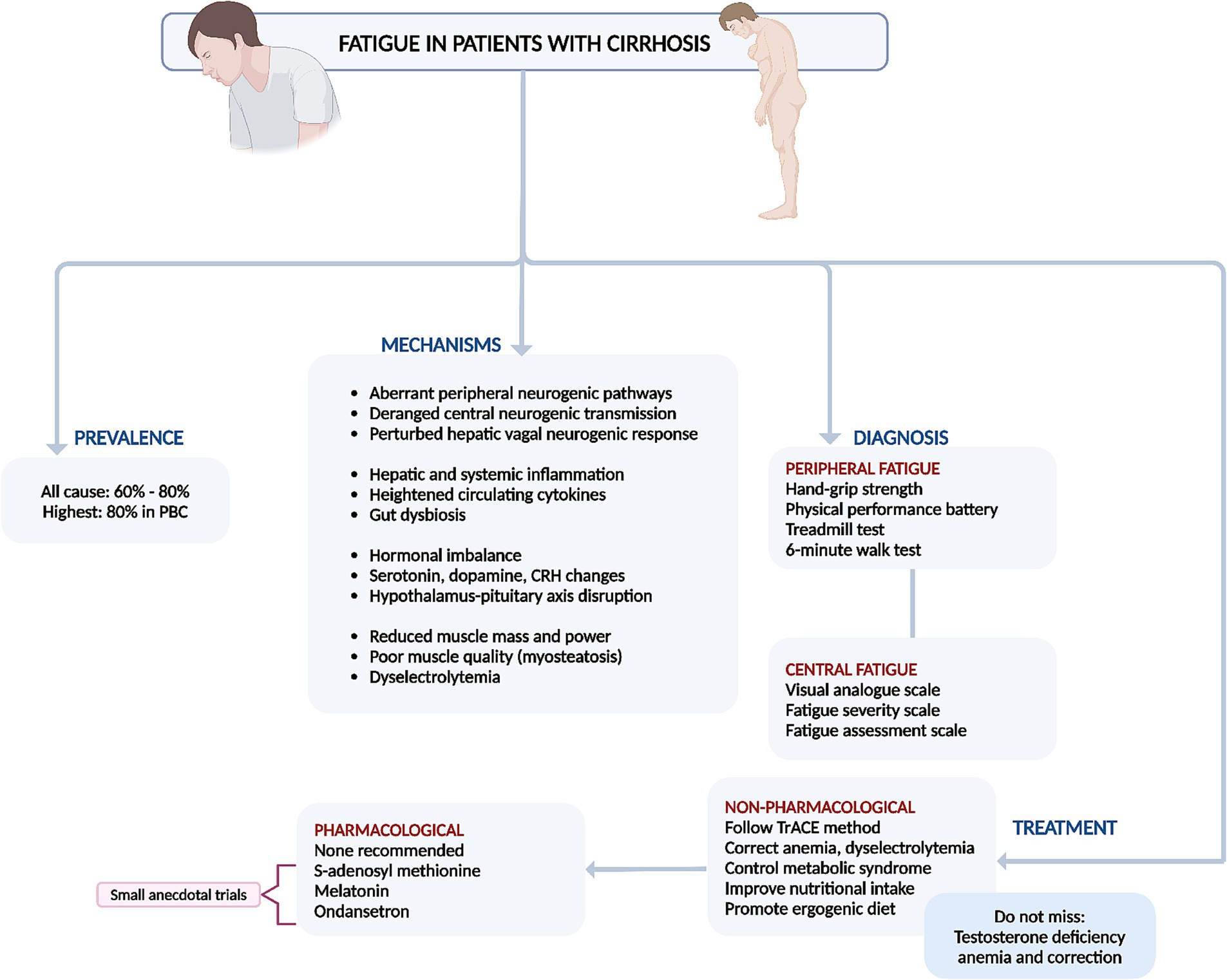fernelefler212
About fernelefler212
Provigil: A Complete Overview of Its Uses, Mechanism, And Implications

Provigil, generically often called modafinil, is a wakefulness-selling agent that has garnered important consideration since its approval by the U.S. Meals and Drug Administration (FDA) in 1998 for the remedy of narcolepsy. Over time, its use has expanded beyond narcolepsy to incorporate conditions equivalent to obstructive sleep apnea and shift work sleep disorder. Furthermore, the drug has gained recognition off-label among people searching for to reinforce cognitive efficiency, leading to discussions about its implications in varied sectors, including schooling, the workplace, and even amongst wholesome individuals.
Mechanism of Motion
The precise mechanism of motion of Provigil is not solely understood, but it’s believed to contain several neurotransmitter systems in the mind. Unlike conventional stimulants corresponding to amphetamines, which improve the discharge of dopamine and norepinephrine, modafinil seems to advertise wakefulness by way of a extra complicated interplay with numerous neurotransmitters. Analysis suggests that modafinil will increase the availability of dopamine by inhibiting its reuptake, particularly in the hypothalamus, which plays a essential role in regulating sleep and wakefulness.
Additionally, modafinil has been proven to influence the degrees of different neurotransmitters, together with norepinephrine, serotonin, and orexin (hypocretin). The orexin system is especially crucial for sustaining wakefulness, and modafinil’s ability to boost orexin exercise could also be certainly one of the key factors in its effectiveness as a wakefulness-selling agent. This multifaceted approach permits modafinil to promote alertness and cognitive operate with out the identical degree of negative effects associated with conventional stimulants.
Therapeutic Uses
- Narcolepsy: The primary indication for Provigil is the therapy of excessive daytime sleepiness associated with narcolepsy. Patients with narcolepsy experience uncontrollable episodes of sleep through the day, which might severely impact their high quality of life. Provigil has been shown to significantly reduce these episodes and enhance general alertness.
- Obstructive Sleep Apnea: In people with obstructive sleep apnea, the place respiration is interrupted throughout sleep, Provigil can help alleviate daytime drowsiness when used at the side of different therapies, corresponding to Continuous Positive Airway Strain (CPAP) therapy.
- Shift Work Sleep Disorder: For individuals who work non-traditional hours, corresponding to night shifts, Provigil might be beneficial in decreasing extreme sleepiness and improving alertness throughout work hours, thereby enhancing productiveness and security.
- Off-Label Uses: Beyond its authorized indications, Provigil has gained reputation as an off-label remedy for various conditions, together with consideration-deficit hyperactivity disorder (ADHD), depression, and fatigue associated to multiple sclerosis. Moreover, it has been explored as a cognitive enhancer in healthy people, resulting in debates about its ethical implications.
Cognitive Enhancement and Controversies
The use of Provigil as a cognitive enhancer amongst healthy people has sparked appreciable debate. Some research recommend that modafinil might enhance executive functions, consideration, and dealing memory, significantly in sleep-deprived people. This has led to its use among students, professionals, and even navy personnel in search of to reinforce cognitive performance during demanding tasks.
Nonetheless, the ethical implications of utilizing cognitive enhancers like Provigil increase vital questions. Critics argue that the usage of such medicine can create an uneven enjoying field, particularly in competitive environments like academia and the office. Issues about dependency, long-time period results, and the potential for misuse also contribute to the controversy surrounding its off-label use.
Side effects and Risks
Whereas Provigil is usually properly-tolerated, it is not with out negative effects. Frequent unintended effects embrace headaches, nausea, dizziness, and insomnia. Extra critical however uncommon negative effects can embrace allergic reactions, pores and skin rashes, and cardiovascular issues. Due to its effects on neurotransmitters, there can be a potential risk for dependency, though it is taken into account decrease in comparison with traditional stimulants.
Patients considering Provigil ought to be totally evaluated by healthcare professionals to find out its appropriateness for his or her particular situation. It’s essential to weigh the potential advantages against the risks, particularly in the context of off-label use.
Regulatory and Authorized Considerations
The regulatory standing of Provigil reflects its classification as a managed substance in some jurisdictions. Within the United States, modafinil is labeled as a Schedule IV controlled substance, indicating a decrease potential for abuse compared to Schedule II substances like amphetamines. If you liked this post and you would like to acquire much more details about buymodaonline kindly stop by the page. Nonetheless, its classification nonetheless necessitates careful monitoring and regulation, particularly within the context of its off-label use for cognitive enhancement.
In varied countries, the authorized status of Provigil can differ, impacting its availability and prescription practices. As with all remedy, it is essential for users to understand the laws and laws governing its use of their respective regions.
Future Directions and Research
Ongoing analysis into modafinil goals to further elucidate its mechanisms of action and explore its potential therapeutic applications. Research are investigating its impact on numerous neurological disorders, akin to Parkinson’s disease and Alzheimer’s disease, as well as its position in enhancing cognitive function in aging populations.
Furthermore, the moral concerns surrounding cognitive enhancement continue to be a sizzling subject of dialogue. As society grapples with the implications of utilizing pharmacological agents for cognitive enhancement, it is likely that rules and guidelines will evolve to address these concerns.
Conclusion
In summary, Provigil (modafinil) represents a significant advancement within the remedy of sleep-associated disorders and has opened the door to discussions about cognitive enhancement. Whereas its therapeutic benefits are properly-documented, the ethical, authorized, and social implications of its use—particularly in healthy individuals—remain advanced and multifaceted. As research continues to explore its potential applications and mechanisms, a balanced approach that considers both the advantages and risks can be essential for guiding its use in clinical follow and beyond.
No listing found.